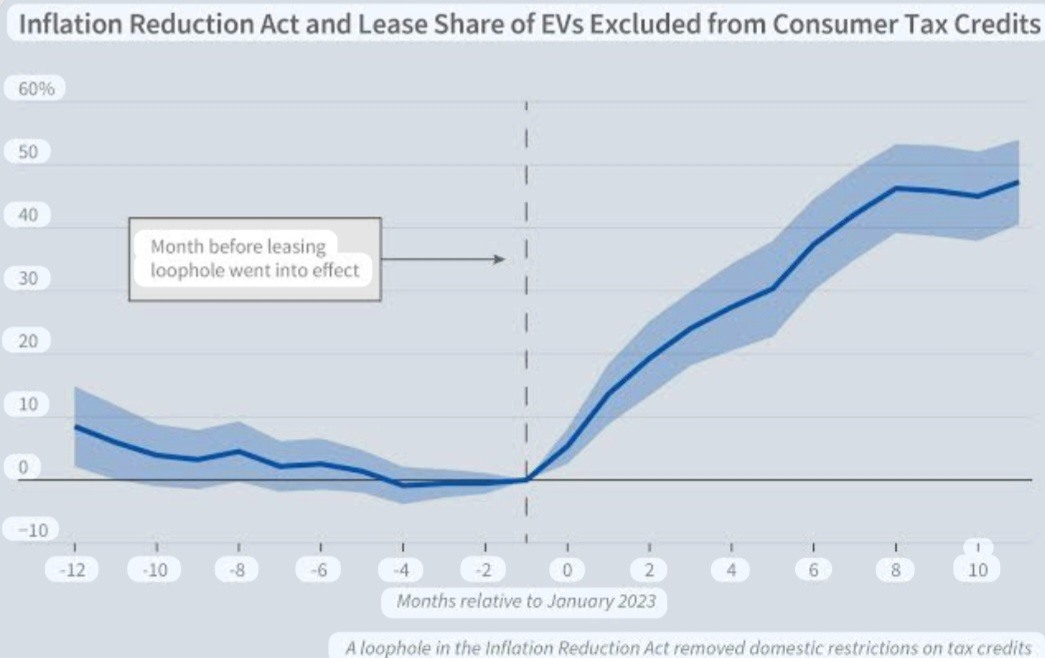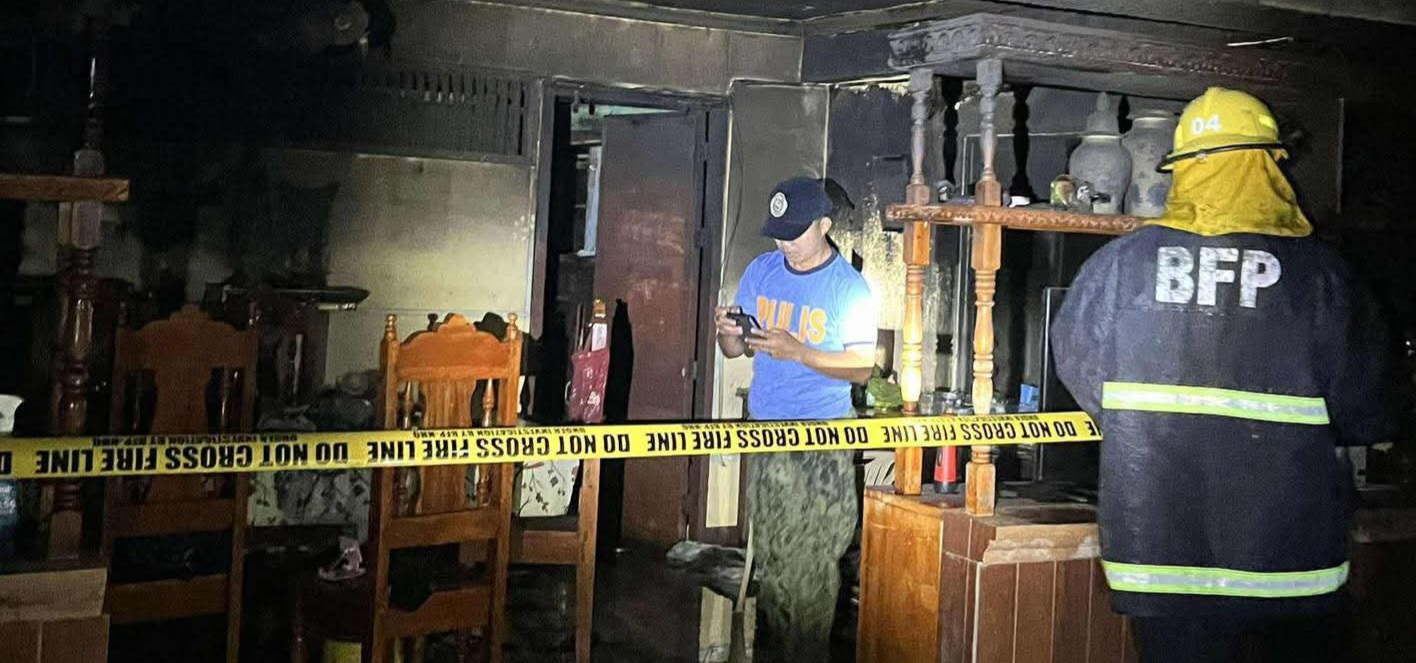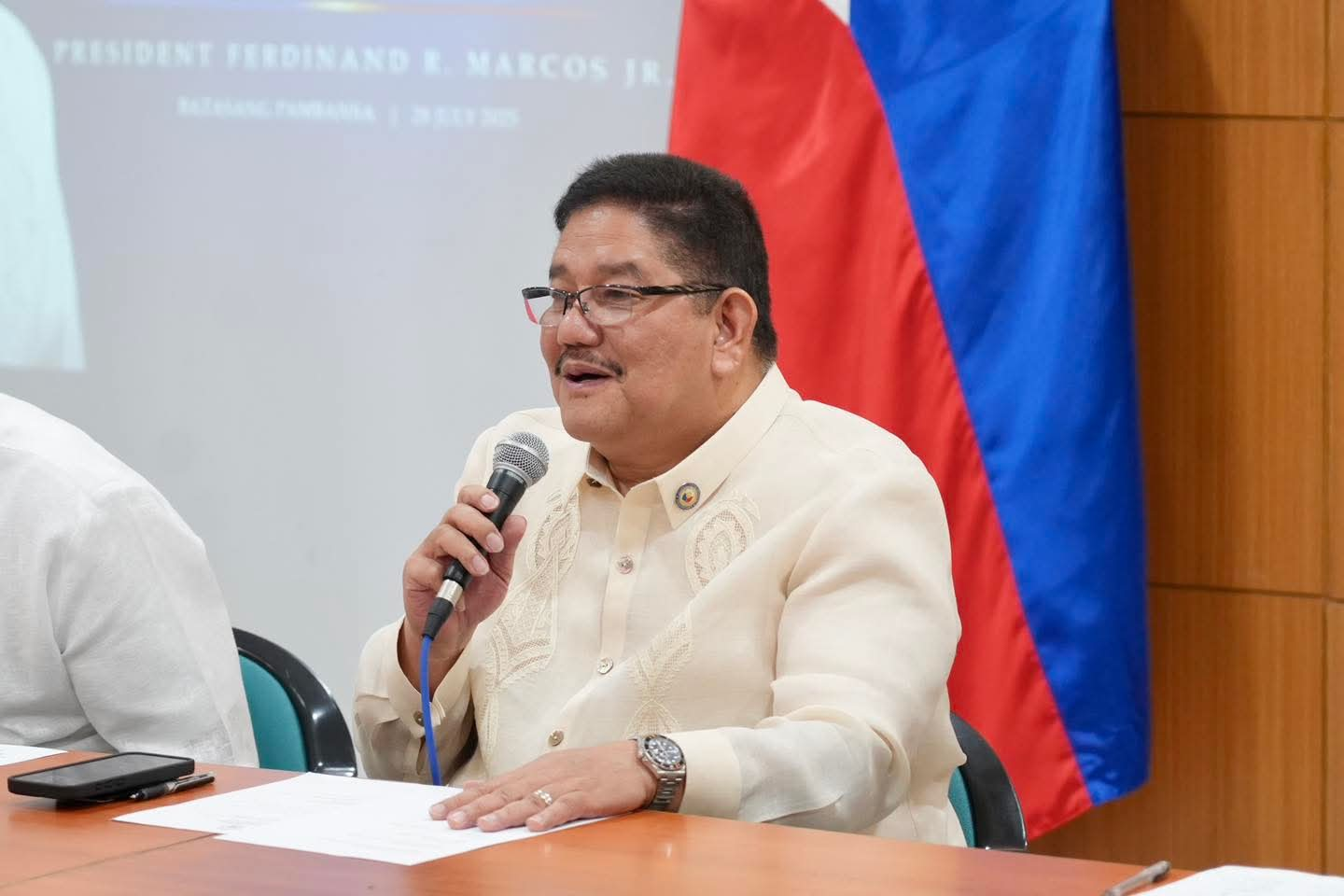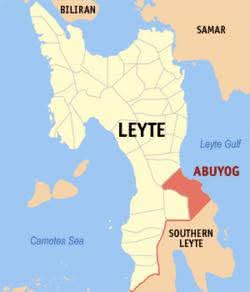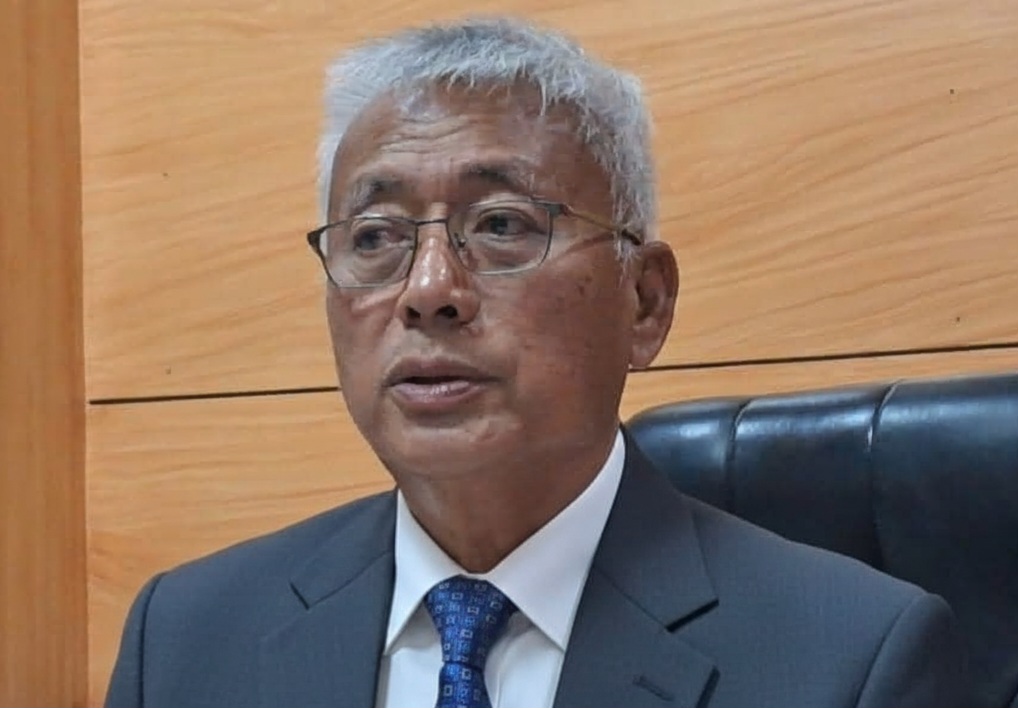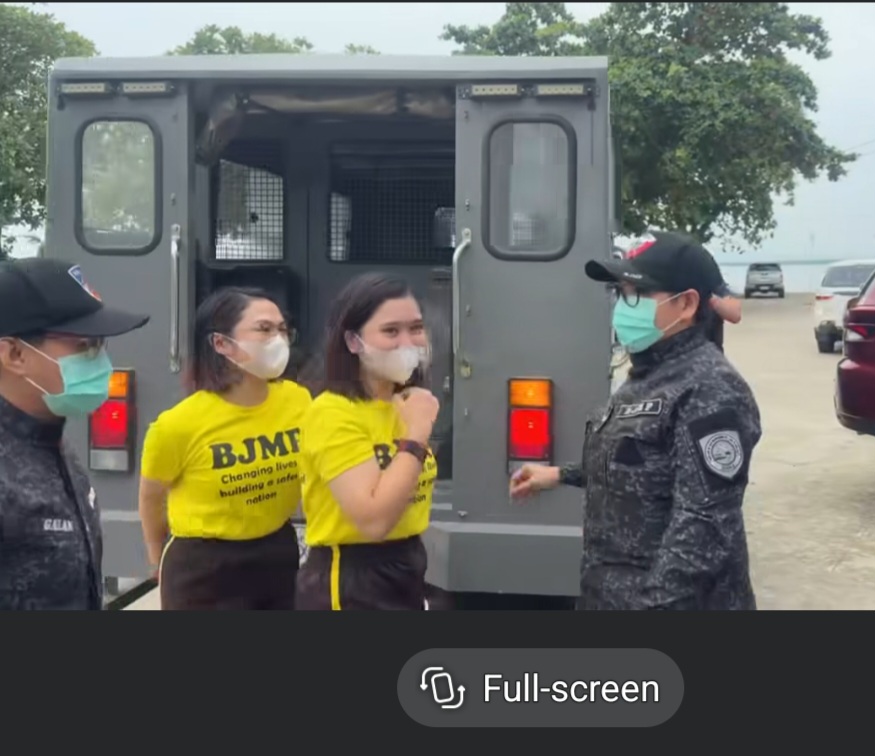
by Miriam G. Desacada
Tacloban City–Kapatid, a support organization of families and friends of political prisoners in the Philippines, has raised its concern over the alleged maltreatment of controversial political prisoners inside the Tacloban City Jail (TCJ).
Fides Lim, Kapatid spokesperson, said the group cited “mounting reports of neglect, discrimination, and abuses” done against detained activists Frenchie Mae Cumpio, Marielle Domequil, and three others—tagged as the Tacloban 5.
Kapatid appealed to Bureau of Jail Management and Penology (BJMP) chief, General Ruel Rivera, to open a dialogue with families of the prisoners and advocacy groups about the alleged “pattern of ongoing harassment and neglect” at TCJ.
The Tacloban 5, have been incarcerated since February 2020 on charges of illegal possession of firearms and explosives and terrorism financing, which they and their supporters denied and deemed fabricated.
The case of Cumpio, a journalist known for her reporting on alleged human rights abuses, has drawn international attention among press freedom advocates and human rights bodies, which have also called for the dismissal of charges and her release.
According to Lim, among the alleged violations against the political prisoners, such as “persistent medical neglect, suppression of visits and communications, and a broader climate of hostility,” were allegedly committed under the watch of TCJ Female Dormitory Wardeness Eva Naputo, and Senior Jail Officer 1 Dalmacio Canayong.
Cumpio has reportedly experienced difficulties in accessing timely medical attention and maintaining communication with her legal team and family, said Lim.
Kapatid and the People’s Alternative Media Network (Altermidya) had earlier cited incidents where Cumpio was denied actual medical consultations despite her repeated requests, while jail authorities allegedly photographed private communications between her and her lawyers.
Altermidya, as it filed formal complaints, also documented arbitrary suspension of visitation rights for Cumpio and other detainees, even during scheduled visits of diplomats and media. It said that such restrictions are “deliberate attempts” to isolate Cumpio and political prisoners from outside links.
It added that TCJ is the only prison facility in the region that doesn’t hold a regular Family Day, thus limiting the prisoners’ vital ties with their loved ones or families.
Altermidya further cited other issues such as a leaking roof, questionable financial demands on detainees, and the warden’s alleged refusal to allow detainees to communicate directly with their families.
The advocacy group said these conditions contribute to an environment of distress for Cumpio and her fellow political prisoners, who they claimed are facing trumped-up charges.
Lim, citing the permanent ban against her from the Bureau of Corrections (BuCor), contrasted BJMP’s potential for engagement with BuCor’s “obstructionist stance.”
“BuCor may have ‘permanently banned’ me for relentlessly questioning abusive procedures that undermine the political prisoners’ right to adequate food—but that won’t stop us from pushing back for change,” Lim said.
“We call on the BJMP chief to act differently: to be transparent, listen to affected families, and take real steps to address these serious concerns inside our jails,” she added.
In a latest development, BJMP-8 regional director Senior Supt. Rill Sonon reportedly ordered the relief of TCJ Warderess Naputo, pending the investigation over Kapatid’s concerns.
Naputo refused to give comment regarding this issue.—-Miriam G. Desacada

